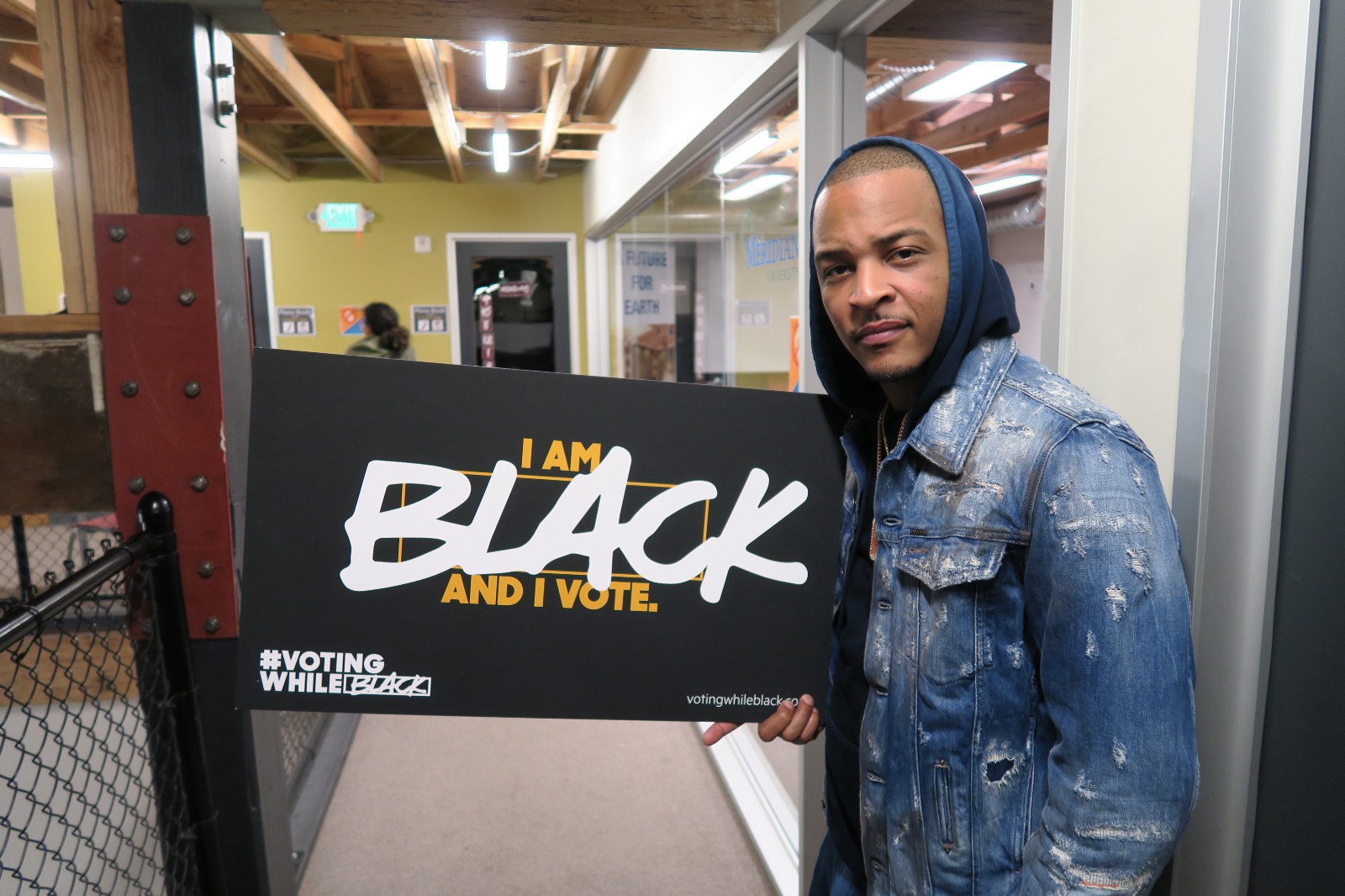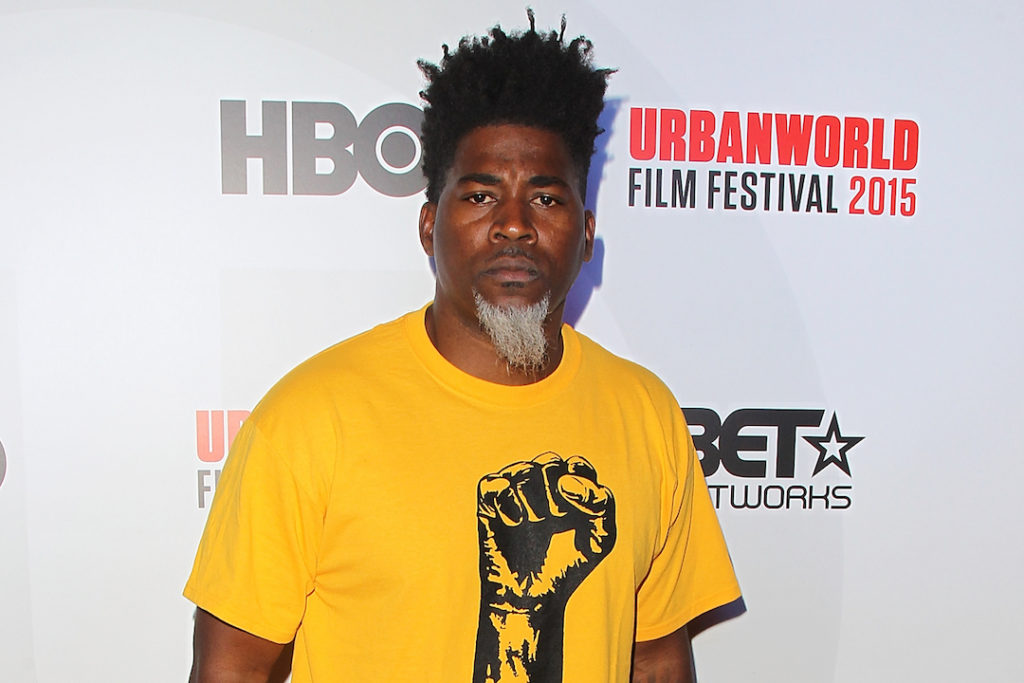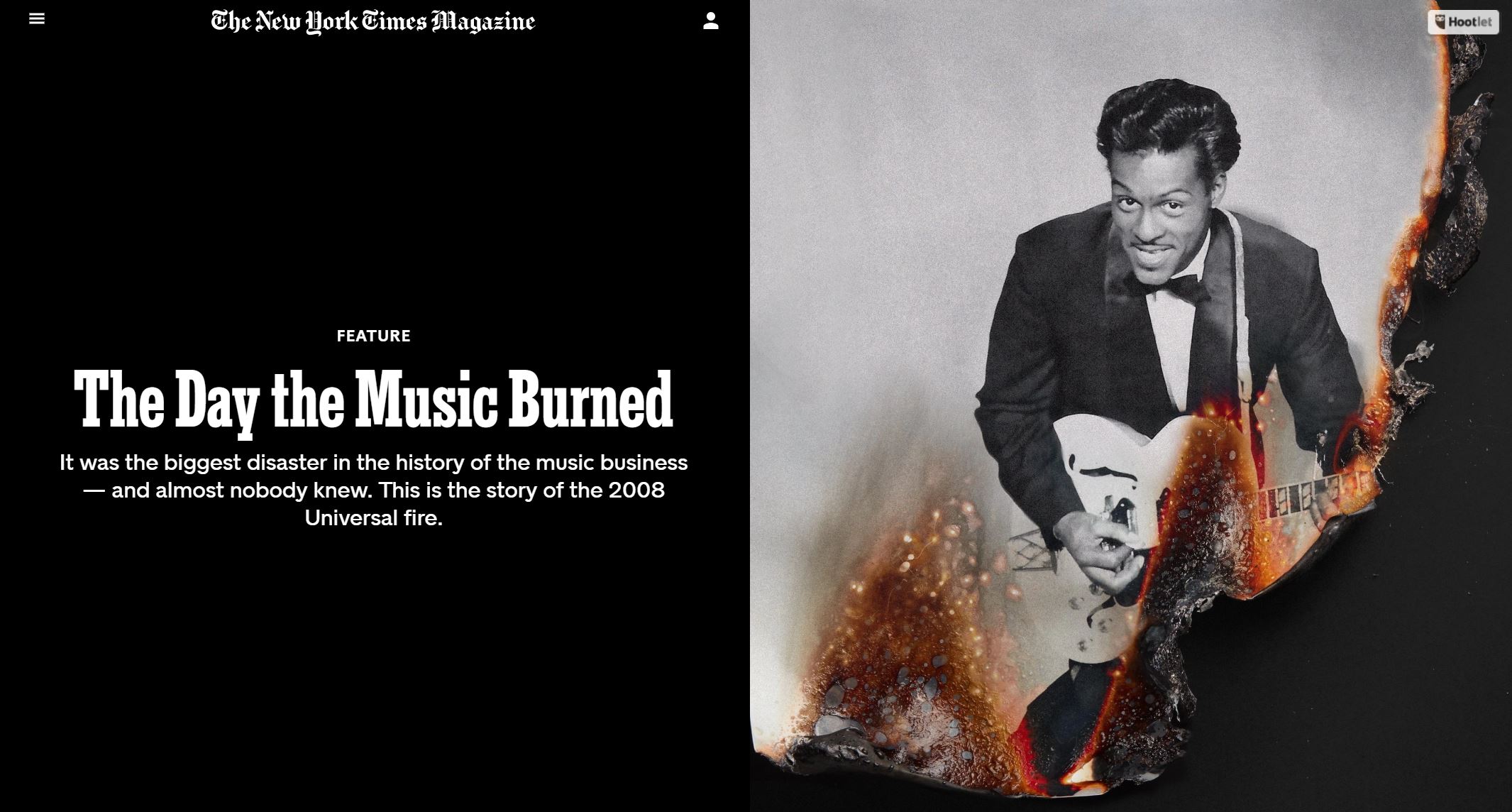
By ERRIN HAINES WHACK and SCOTT BAUER
Robin D. Stephens lived through Jim Crow and thought the worst days of racism were behind her. Then President Donald Trump told four American congresswomen of color to “go back” to where they came from.
“It was very hurtful to see the person who is the leader of the country that I live in and that I respect and love, speak that way to U.S. citizens,” said Stephens, a 61-year-old retired public defender who lives in Ann Arbor, Michigan.
But Stephens is tired of talking about Trump’s racist tweets. She is ready to take her pain to the polls.
“What I want to talk about now to people and to get people excited about and to get people wanting to go out to vote about now is the fact that this came from the White House,” Stephens said. “We can change that. And the way we change that is by voting.”
Democratic presidential candidates gathering in Detroit on Wednesday to address the annual NAACP convention will need voters like Stephens to keep that passion heading into next year’s election. Trump is gambling that his attacks on the congresswomen, which he revived on Tuesday, will help him secure another term in the White House by galvanizing his most fervent, overwhelmingly white supporters.
But dozens of black leaders, activists and voters in pivotal swing states said they’re just as motivated to vote and won’t forget Trump’s actions.
“I see more people engaged and responding to the comments, people who aren’t political, friends of mine who vote more casually, they are responding,” said Wisconsin Lt. Gov. Mandela Barnes, who is black and from Milwaukee, where Democrats will meet to declare their nominee at the party’s convention next summer.
In 2016, black turnout was down about 7 percentage points nationally compared with 2012, according to census estimates. Barnes said the president’s comments are resonating with people “in a more real way” than past statements he’s made, which could translate into increased turnout next November.
“The most important thing that we can have happen is the president needs to keep talking because he’s showing his true colors, he’s showing how he really feels,” said David Bowen, a Wisconsin state representative from Milwaukee who is black.
“These overt racist incidents are going to wake people up and remind them that four more years of the president is not going to benefit this country, not benefit African Americans.”
Angela Lang, who started Black Leaders Organizing for Communities after Trump’s 2016 victory, agreed.
“This is all hands on deck,” she said in response to Trump’s comments. “We can’t tolerate this. I think people are fed up. It’s agitating people in a way to engage them to do whatever they can for 2020.”
Woke Vote founder DeJuana Thompson said it’s a sentiment she has been hearing as she has worked to expand voter turnout in states like Michigan, Wisconsin and Pennsylvania. Thompson said that regardless of the race of the candidates, there is an expectation from voters of color that 2020 Democrats must confront racism on the campaign trail.
“There’s not a different standard being applied,” Thompson said. “The standard is justice. The standard is equity. And if you’re not saying those things, it is landing — particularly on people of color’s ears — very differently than it ever has before.”










